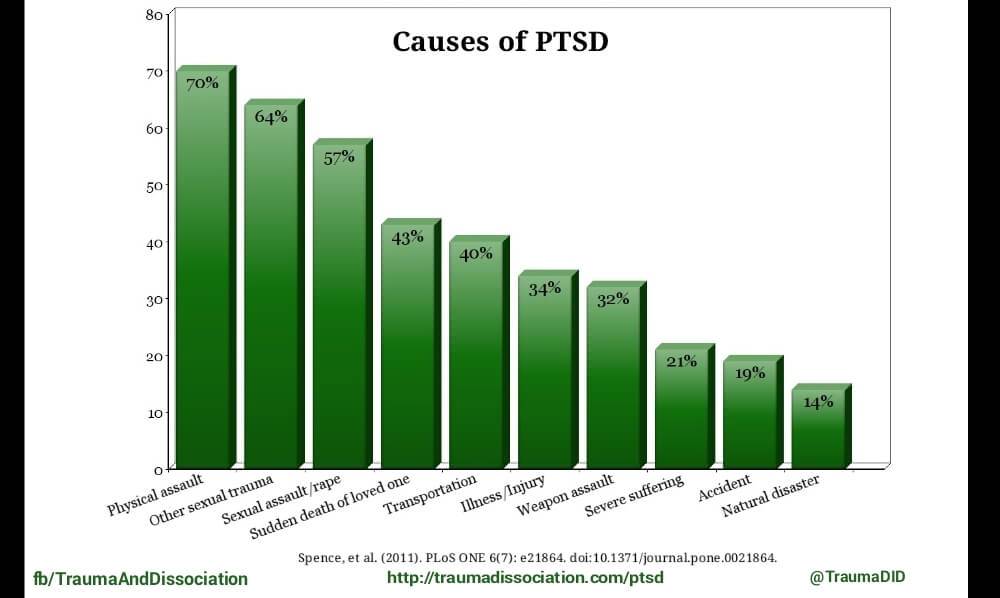

Some of the common experiences of someone with amnesia are as follows:ĭifficulty with recalling facts, events, places, and specific details The symptoms of amnesia depend on the type of amnesia being experienced. Someone may either have difficulty learning new information following the onset of amnesia, or they may have difficulty remembering past events and information that was previously familiar to them. The oldest and most retrieved memories are the most resilient. The retrieval stage protects memories from being lost. With each run through, retrieval gets easier. Retrieval – occurring in the prefrontal cortex, hippocampus, and the cortex, this is when the brain reactivates the information for use in the future.ĭuring the retrieval process, the brain runs through encoding, consolidation, and storage of the memory repeatedly. The information that gets associated with existing memories get preserved and retained whereas the less important information gets edited out for the memory to stay focused on what is most important. Storage – taking place throughout the cortex, this is when the brain stores the information. This helps to determine where the new piece of information belongs and solidifies the memory.Ĭonsolidating memories organises everything in a way that will make it easier to recall in the future. Ĭonsolidation – occurring in the hippocampus, this is where the encoded information is linked to existing memories.The information or experience is broken down into manageable parts for the rest of the brain to use. All of these processes determine whether something is remembered or forgotten:Įncoding – occurring in the prefrontal cortex, this is when the brain decodes new information. There are four processes involved in memory: encoding, consolidation, storage, and retrieval. This includes visual, auditory, and tactile sensory input that is briefly attended to and mostly forgotten or is passed on for further processing. Sensory memory – this type of memory lasts for less than a second. There are two types of LTM: implicit (procedural) and explicit (declarative). The hippocampus and the temporal lobes are responsible for LTM. This is usually when the STM has been paid attention to so it can be processed deeper.

Long-term memory (LTM) – thoughts that last beyond a minute or longer becomes an LTM. The frontal and parietal lobes of the brain are mostly responsible for STM. Short-term memory (STM, also known as working memory) – these are thoughts that are temporary, usually lasting between 10-30 seconds. In many cases of amnesia, the memory loss is temporary and will return to normal after a period of time, but in others, the memory loss can be permanent. However, those with amnesia usually retain knowledge of their own identity, as well as having their motor skills intact. There is often a misconception with amnesia, especially present in movies, where people with amnesia are shown to forget their whole identity. Amnesia is also not the same as dementia or other degenerative disorders.ĭementia is a disease that causes degenerative memory loss, as well as those with the disease suffering from other cognitive issues that do not occur in those with amnesia. Significant memory loss of the inability to form new memories, however, may indicate the presence of an amnesic disorder. Similarly, mild memory loss as a natural part of ageing is considered normal.

People with amnesia may find it hard to recall memories such as facts, information, and experiences, but they may also find difficulty in memorising new information and imagining the future.īeing a little forgetful sometimes is different from amnesia. Amnesia: Types, Tests, Diagnosis, Symptoms & Causesīy Olivia Guy-Evans, published March 18, 2022Īmnesia is a memory disorder whereby people find it difficult to remember past experiences, form new memories, or both.


 0 kommentar(er)
0 kommentar(er)
